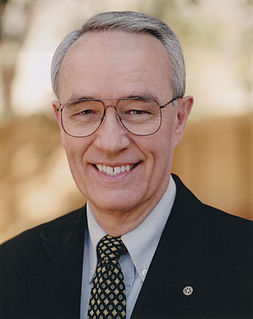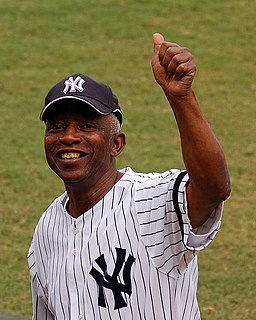A Quote by Ash Sarkar
When you're a second- or third-generation migrant, your ties to your heritage can feel a little precarious. You're a foreigner here, you're a tourist back in your ancestral land, and home is the magpie nest you construct of the bits of culture you're able to hold close.
Related Quotes
Any judgment is past oriented, and existence is always herenow, life is always herenow. All judgments are coming from your past experiences, your education, your religion, your parents - which may be dead, but their judgments are being carried by your mind and they will be given as a heritage to your children. Generation after generation, every disease is being transferred as a heritage. Only a non-judgmental mind has intelligence, because it is spontaneously responding to reality.
If you hold a candle close to you, its flame rises. And if you hold it away from you, its flame shrinks. The same way you hold a candle close to you, keep all your plans, aspirations, projects, and dreams close to you too. Do not share your plans or goals until you complete them, because as you hold your candle away from you, your goals will shrink in the eyes of others. Envy, jealousy, and resentment will put out your flame before it grows.
Introduce your main characters and themes in the first third of your novel. If you are writing a plot-driven genre novel make sure all your major themes/plot elements are introduced in the first third, which you can call the introduction. Develop your themes and characters in your second third, the development. Resolve your themes, mysteries and so on in the final third, the resolution.
I have a way to photograph. You work with space, you have a camera, you have a frame, and then a fraction of a second. It's very instinctive. What you do is a fraction of a second, it's there and it's not there. But in this fraction of a second comes your past, comes your future, comes your relation with people, comes your ideology, comes your hate, comes your love - all together in this fraction of a second, it materializes there.

































